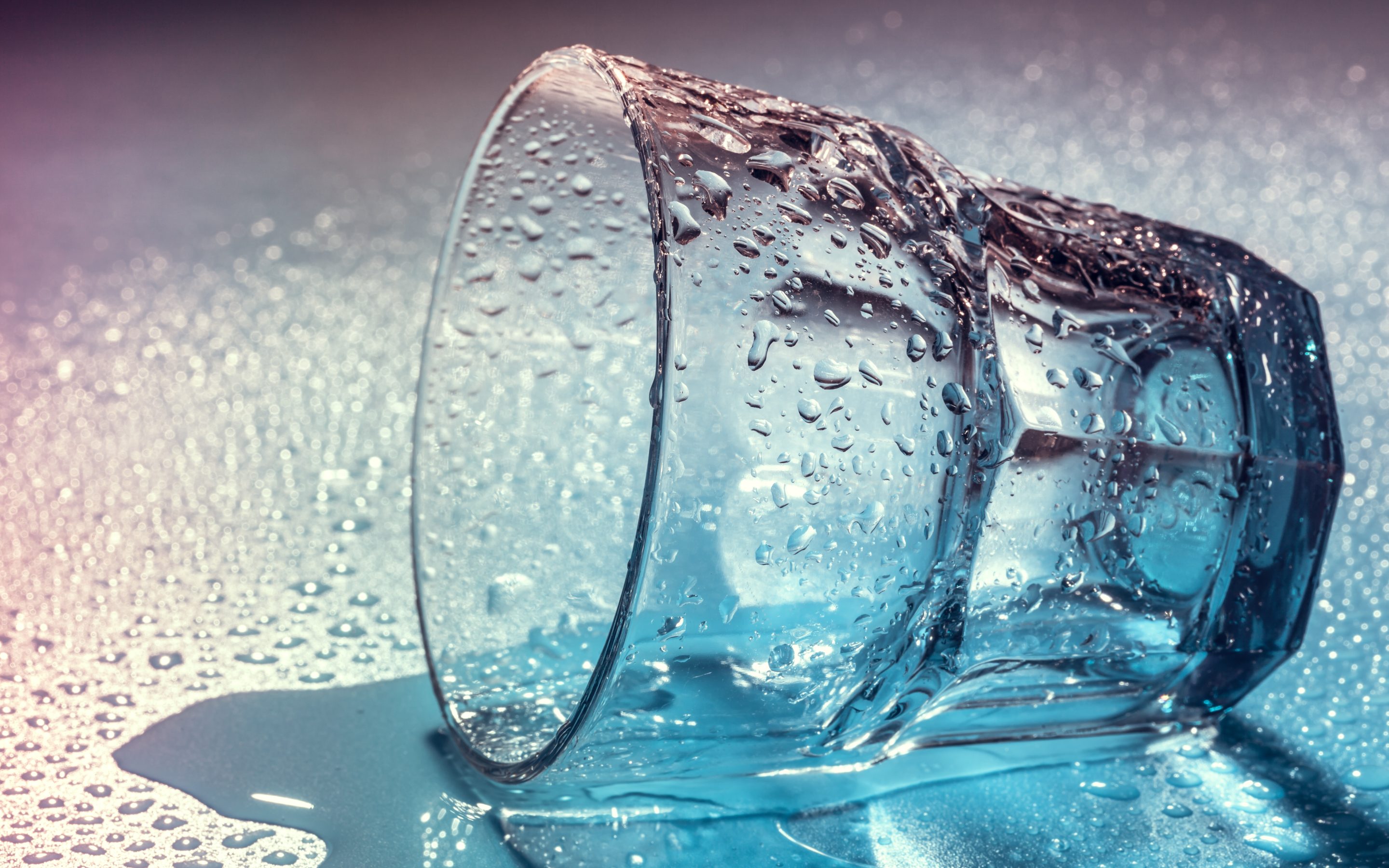We all know that dehydration is bad for us and that it’s important to keep ourselves well hydrated throughout the day to ensure we perform optimally, which (in addition to it being the law) is another reason why companies provide easy access to water in the form of a water cooler, water boilers, and hot water taps. But many of us still don’t drink enough water, and even slight dehydration is harmful. Our bodies naturally alert us when they need replenishment, but thirst mechanism aside, what are the other cues we often misread?
Some of the first signs of dehydration are similar to hunger pangs, which mistakenly makes us reach for something to eat. The confusion apparently stems from our hypothalamus, that part of the brain that regulates appetite and thirst – which, when we’re dehydrated, gets its wires crossed. It’s always best if you’re feeling slightly hungry to try drinking water first, if hunger pangs persist then move on to a snack, but always try replenishing the body’s water supply before doing anything else.
A more obvious sign is a dry mouth, potentially followed by a headache – the latter is not something we would normally associate with dehydration, but unwittingly it is often the cause. According to University News‘ dehydration headaches may happen because a lack of fluids causes shrinkage in brain volume. This results in the brain pulling away from the skull, which triggers pain receptors in the meninges (the membrane that surrounds the brain).’ So, before you reach for pain killers, walk over to the hot water taps in your office kitchen and make a cup of tea or drink a glass of water. An important point to remember however is that while drinking coffee and tea will aid hydration, it is only effective around the four cups per day mark – if consumption exceeds that, it actually becomes a diuretic which is counterproductive to hydration.
Other more serious signs can include fatigue, heart palpitations, cramping, loss of concentration and loss of mental capabilities. It is particularly the change in focus and shift in mental acuity that affects productivity. A study assessing the effects of mild dehydration on cognitive performance found that ‘mild dehydration in men induced adverse changes in vigilance and working memory, and increased tension/anxiety and fatigue.’ Worryingly, many of us begin our day already mildly dehydrated which is then exacerbated by a lack of water intake as we move through our day.
It is imperative, both from a health and productivity point of view, that we maintain sufficient hydration levels, and we achieve this by forming healthy habits – keeping a bottle of water on our desks and sipping on it throughout the day; and taking regular water and tea breaks. Mild dehydration is insidious and if we are to function optimally, we need to learn to read the signs correctly.

